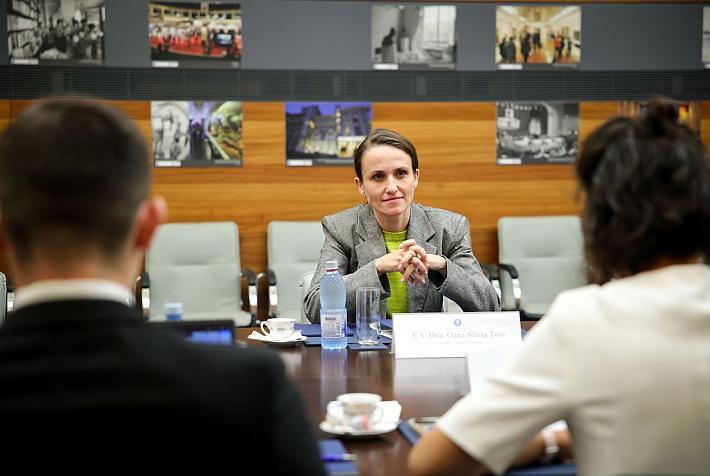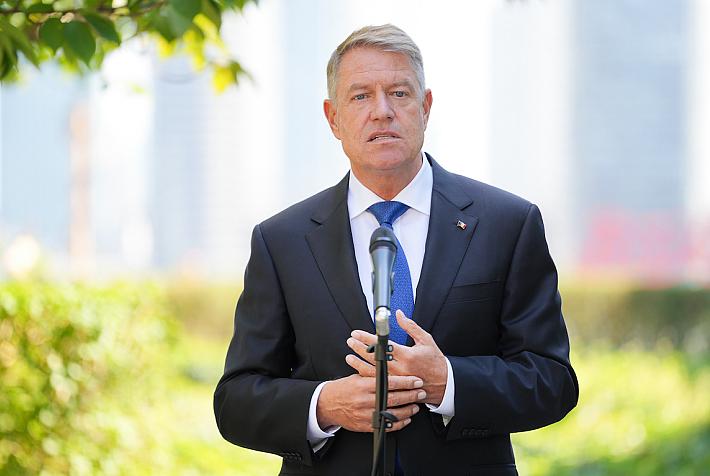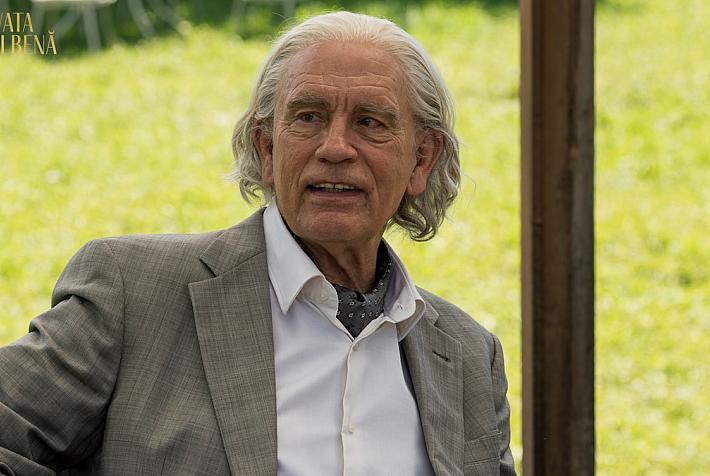The emergency tool kit: developing a set of skills for multiple cultural situations

 “Think global while acting local” is hard to implement, which is why a high rate of failures in assignments abroad is a constant statistic. But what happens when the situation doesn't allow a foreigner too much time to research and learn about the culture of the country's he or she is headed to?
“Think global while acting local” is hard to implement, which is why a high rate of failures in assignments abroad is a constant statistic. But what happens when the situation doesn't allow a foreigner too much time to research and learn about the culture of the country's he or she is headed to?
By Irina Budrina
In our last article we talked about the authoritarian leadership style in East European countries (Romania was among them) vs. the participative style brought by the Western cultures leadership model. What is really expected in these countries is not necessarily for the boss to be a dictator, but rather that he/she exercises enough authority to direct people who are used to more authoritarian forms of leadership. Dealing with people from many cultures is complicated when you need to adapt to each one.
Let’s say you are arriving in Romania in two hours, so there’s little time left to read up on Romanian culture right now. What should you do? Our busy lives simply don’t allow us to become cultural experts about every culture with which we work.
Well, cultural intelligence offers a more promising and realistic approach. According to researchers Maddy Janssens and Tineke Cappellen’s study of global managers, a more broad-based approach for orienting professionals is needed.
Their study validates the preferred emphasis of Cultural Intelligence on developing an overall repertoire of skills and behaviors that you can draw on when engaging in any cross-cultural interaction rather than expecting you to master all the ins and outs or Do’s and Don’t’s of each culture.
Here is a story of CEO from Germany about how he applied his Cultural Intelligence (CQ) for an assignment in Romania:
“When it became clear I was going to be responsible for leading our work in Romania, I knew I needed to grow my understanding of Romania’s historical and cultural background. It would have been careless for me to just rely on a general understanding of cultures to do my work effectively. But I also wasn’t starting from zero. Even though I had never been to Romania nor spent any time studying the culture, my personal trainings on Cqh elped me know what kinds of information to find out and the kinds of questions to ask.
My previous experiences abroad and understanding of some cultures like Russian, Bulgarian and German didn’t keep me from making mistakes. Our mistakes can be one of the greatest ways to grow our CQ. In fact, part of being more culturally intelligent is embracing the idea that cross-cultural conflict is inevitable and provides an opportunity for personal and professional growth”.
The primary emphasis of the cultural intelligence approach is to develop a skill set that can be applied to all kinds of cultural situations. Although some initial reading and training can jump-start your growth in CQ, we continue to add to our repertoire for culturally intelligent leadership all through our career. The four-step model that we talked about in one of the previous articles can be highly recommended.
Acculturation is a two-way street. That means that the foreign leader must also make efforts to assist the local people in understanding not only his/her style but the style of the organization or culture that he/she represents. Then, give the local employees tools, skills and understandings to better manage in that context as well. In such situations the synergy created by these efforts of mutual acculturation can create a sense of accomplishment and satisfaction among all involved. And it need not be marked by total accommodation to the local style, nor by a neo-colonial attitude which imposes the style of the culture of the headquarters.
The inevitable question gets raised over whether Cultural Intelligence is a matter of nature or nurture. Indeed, some personal traits like “openness” or “extrovert” can be positively correlated to high CQ. However, through learning and interventions everyone can become more culturally intelligent. And just because someone might have natural talent at flexing his or her behavior in cross-cultural situations, it’s no guarantee he or she will be a culturally intelligent leader. Just as having natural genetics for running doesn’t mean you’ll be a marathon runner without training, the same is true here. It takes effort and work, but anyone can develop and nurture CQ.
Feel free to share your stories involving cultural intelligence and the clash of cultures, tell us about your experience when working with colleagues from different countries. What else would you like to learn about in this weekly column?
Irina Budrina
irina-budrina [at] hotmail.com











